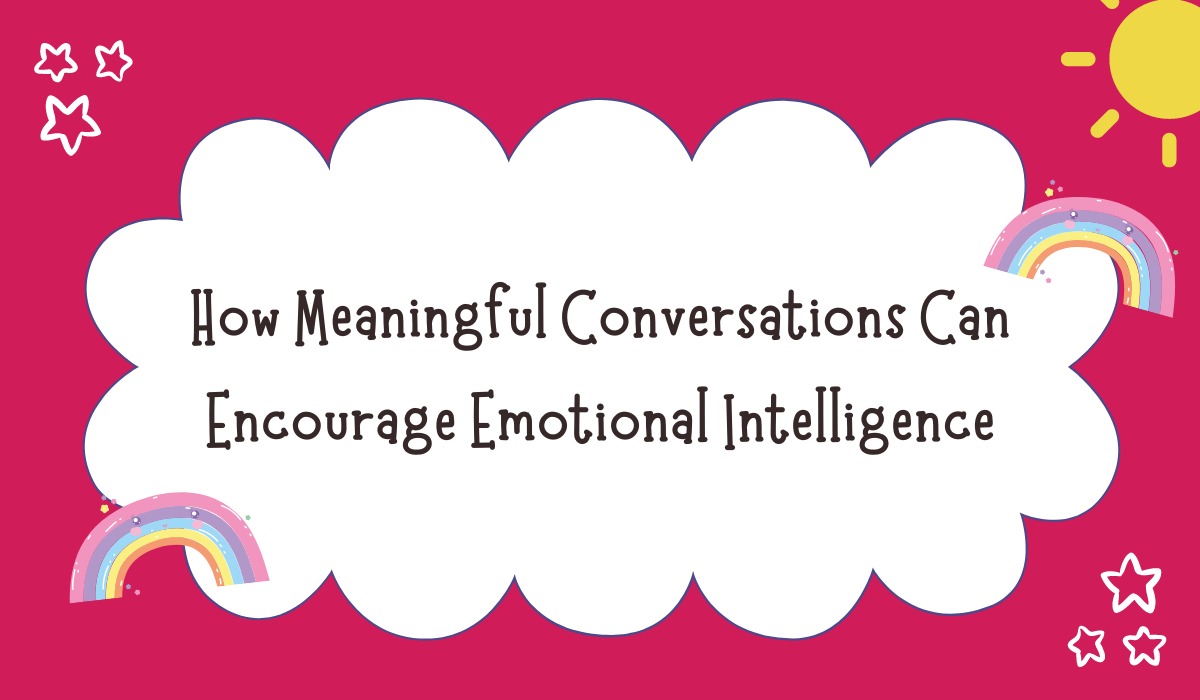
May 19, 2023
Life as we know has been altered by the fast-paced environment around us. And as we learn to grow and adapt to the changing demands, there is a heavy focus on achieving excellence. However, the bid to excel often puts emotional well-being in the back seat. A person’s ability to understand, comprehend and deal with their emotions shapes up their personality significantly.
Studies have shown that a lack of ability to understand a situation can directly affect or hamper one’s growth. Identifying and communicating is an integral part of development. The human mind and its reactions have always intrigued me, captured my curiosity and have been a starting point for many of my explorations. As a student of psychology, I plan to dig deeper into such pursuits in a more structured format.
Growing up, I realised that teenagers, including me, have found it very difficult to identify and express what we feel in a healthy manner which is why I understand the importance of being able to talk about your emotions openly from a young age as it translates into your future ability to do the same. Middle school is perhaps the most eventful time for a child as it sets the tone for adult relationships. A child during this phase of life goes through a lot of emotions and I wish I had better tools to help and understand what I felt. This is the time when one is no longer a toddler and has to navigate relationships and feelings independently, social dynamics get more complicated and you start having stronger feelings, reactions and opinions.
Even today it is a difficult conversation to have with most people as they don’t understand the importance of emotional intelligence. It’s easy to internalise and not realise that you are not communicating how you feel until you start to realise how much better talking makes everything. That was the inception of the theory of the ‘three-pronged approaches’.
The first step is knowing how to identify what you are feeling, then to be able to name that feeling and lastly to be able to come up with ways to engage and deal with that feeling. Identifying a feeling is paying attention to one’s physiology, facial expressions, vocal tone, and body language—trying to make meaning out of that. It makes you realise there are no bad feelings and you learn to own up to where you are in that moment. It also makes you acutely aware that you are not stuck with a feeling forever, feelings come and go and they are not your identity. You can feel angry but that does not necessarily make you an angry person. Similarly, you can feel excited and that does not make you over-enthusiastic.
The second part of the approach is to name that feeling. This helps to develop a larger emotional vocabulary to communicate with people around to have a precise word and to know how and when to express emotions with different people across contexts and cultures. Sometimes the way we express ourselves with our peers may be different to how an adult would understand it. The words we choose make all the difference. There is a big difference between being angry and frustrated. Similarly, there is a difference between being stressed and anxious. You often assume someone is sad or closed when in reality they are just scared.
The third and final part of the approach is to be able to engage with the feeling to regulate the ones that we may not want to get stuck with. So coming up with small personal strategies can help prevent or reduce unwanted emotions and initiate the ones that you want to have. For example, When I’m angry, I search for ways in which I can buy myself a few moments to take stock and not act impulsively. This could be having a glass of cold water or stepping away from the situation for a bit. When I’m sad, I tend to ask myself, what is it that I feel like I’ve lost? And how best at that moment I can soothe myself. It’s true! Self-soothing is not just for babies and it’s a trick we should take along into adulthood. Likewise, when I’m happy, I like to reflect on what made me feel this way. To maybe revisit it.
It is important to encourage conversations about feelings and check on one’s emotions. Checking in on myself and others has allowed me to develop self-awareness, self-compassion and empathy.
My family has always encouraged having tough conversations, we are very open about how we feel, and we talk things out, laugh, cry, shout and move on, this has helped me grow as a person. One should set aside time to navigate and understand emotions. Look at it as a life skill and not a lesson plan!
All Rights Reserved by DAY ONE